With The Tragedy of Macbeth, Joel Coen manages to take a 400 year old text, maintain its themes, tone, and setting, and still give us something that feels fresh and new. The adaptation, which is now screening on Apple TV Plus, somehow manages to be both theatrical and cinematic, making it feel avant-garde and classical at the same time. Boasting a stellar cast, including Denzel Washington, Frances McDormand, Harry Melling, Alex Hassell, Brendan Gleeson, and Corey Hawkins, this noir interpretation, shot in stark black and white, might be one of the best screen adaptations of Shakespeare yet. (Listen to our review of The Tragedy of Macbeth on The Goggler Podcast.)
In this Goggler exclusive, we sat down with Corey Hawkins (In the Heights, Straight Outta Compton), Macduff himself, for a conversation about Macduff’s morality, the legacy of the character, and what it was like facing off with Denzel Washington.
Umapagan Ampikaipakan: I wanted to start by talking to you about your approach to Macduff. I have always felt the character to be very much the moral center of the play. His goodness. His integrity. He is probably the most ethical character in Macbeth. How do you see the character? And how did that play into your performance?
Corey Hawkins: I think that was the fun of stepping into this role. Macduff is not a big flashy character, but he holds a lot of weight in the play because he is, in my view, I think the moral compass in this dark world. And there is something so pure about him. Not only in his morality, but also in his allegiance to God and country as well. It could be argued, to a fault, because he leaves his wife and his children, which is a choice he believes he has to make in order to protect them. And so the irony of that isn’t lost on Macduff.
I just believed that him and Macbeth are literally two sides of the same coin. They maybe become that.
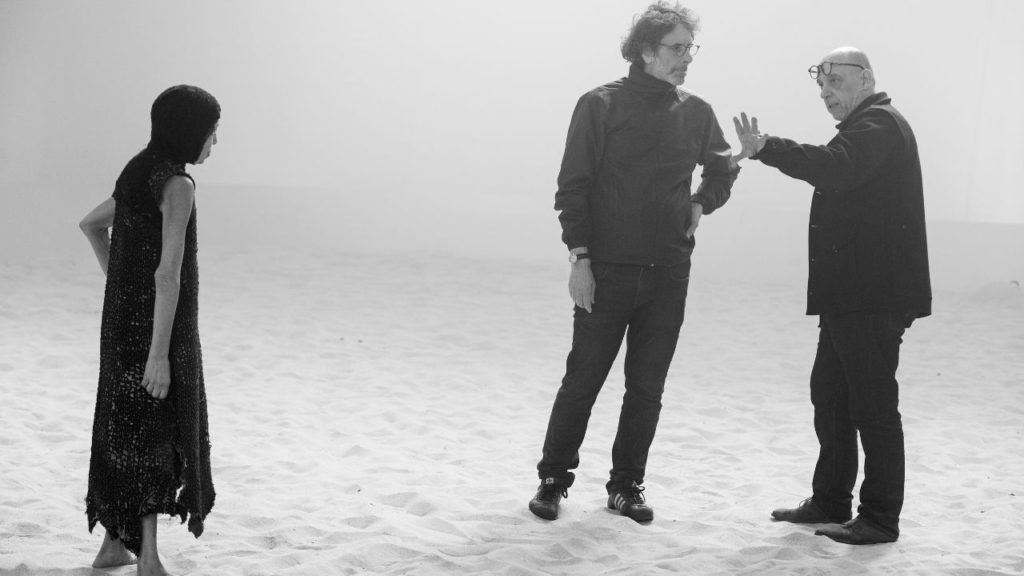
UA: Talk to me about that fantastic final sequence between Macduff and Macbeth. What was it like facing off with the legend that is Denzel Washington?
CH: It was actually one of the last things that we shot. It was one of the last days of shooting, and so everything has sort of been building up to that. And I’m like, “Oh God, we got the sword fight.” But our stunt team was just incredible. They put the sword in my hand and it never left. I just stayed on it and really tried to make sure that I knew what I was doing because Denzel and I didn’t really get to do it actually until the day we shot it.
It was nerve wracking. But it was fun because, in the same way that you beat through a scene, in the same way that, as actors, we sort through plot from a play, or film, or show, is the same way we approached that fight. It was all thought out. The choreography. Beating through each beat. And that’s a testament to Denzel, who’s very much like, let’s slow down and let’s figure it out.
We had some fun playing up there. And also it’s like “this” narrow. Joel didn’t put some obstacle in our way.
UA: Because usually it’s on a big battlefield.
CH: Exactly. And I thought that was an interesting use of just creative thought about the constraints, not only of this world, but literally where they are.
UA: Theatre is unique right? Because it is constantly being interpreted with every new staging, and every revival, and every time a new company takes on these parts. Unlike film, which is essentially finished. It’s definitive, at least until someone reboots it. What is that like for you, as an actor, knowing that there have been a thousand people who’ve done Macduff, from school plays, to film, and everything in between? How does that affect your performance?
CH: Well, first of all, you have to pay homage to the past. The legacy and the history of this play isn’t lost on us. I think Joel, in many respects, pays homage to that with this story. It’s bold, and fresh, and new, but it also sort of harkens back to the sort of cinematic classics that we love, in German Expressionism, and pulling from certain directors that we love, like Kurosawa, and all of these different cinematic takes on it. So, from a cinematic perspective, there’s that.
And it’s the same as an actor. I don’t shy away from seeing performances that come before. I think they inform a lot of it. I’ve seen things before. I’ve seen Macbeth in many different instances prior to doing this version, and I’d also played the character at school. So, there was that.
I look at this film, honestly, and I see this being taught in schools. I see it being shared. I see it being rewatched. Film does, and can – not stagnate – but it’s sort of locked. But with a film like this, you watch it, and each time you watch it, you see something new or different. It sort of deepens. Which is just really cool.
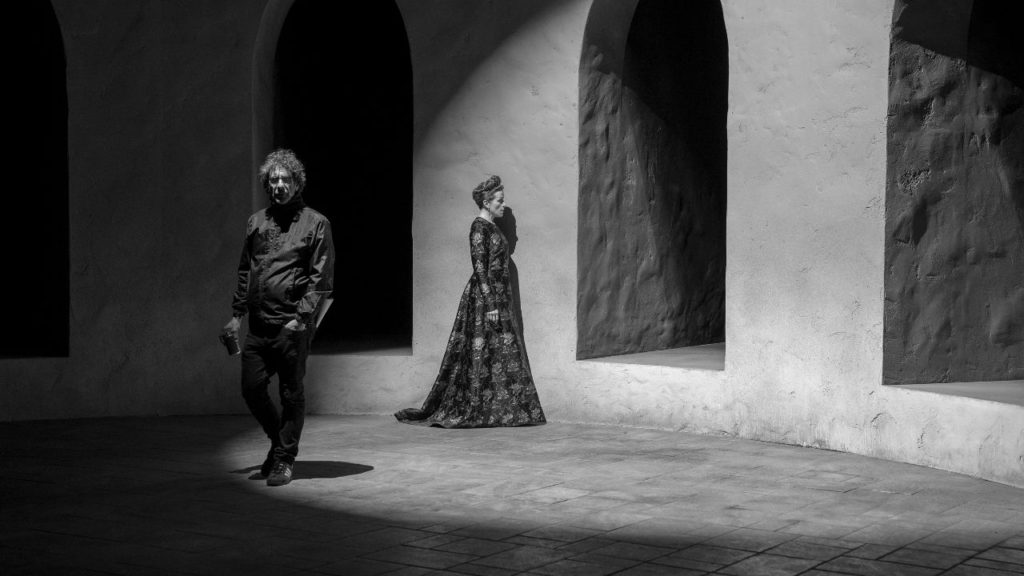
UA: I should’ve led with this, but I absolutely loved the film. I mean, I loved this take. Because I don’t think I’ve seen anything quite like it, in that it possesses a stage like theatricality, but it’s still cinematic at the same time. And that blew my mind. And I was curious as to what it was like on set, and during the production. Because obviously it’s a film, so you’re not shooting completely in sequence. Is that weird for you as an actor doing a stage play and not having it play out in sequence?
CH: Interesting. Actually, I’ve never… I don’t know if anyone’s phrased the question that way. Because it is a play. And you start your expectations in a certain way because it’s a play. And it works as a play, for a reason, in sequence.
I think Joel sort of masterfully translates that to a film. We had this incredible rehearsal period where we were on the Warner Brothers lot, in this big, big studio, with these old wooden boards, and hanging up from the rafters were all of the old backdrops from the old pictures that Warner Brothers made. So, we are surrounded with this history. We had three to four weeks of informal rehearsals, and also formal rehearsals, and I think that helped build the company element of it.
CH: So, we were going through the play in sequence through that rehearsal period, and so, by the time we got to shooting it, it was just picking up back where we left off and jumping right into it.
But the other thing is, like the company, most of us were in awe every single day. Just because we were surrounded by these legends, and we just wanted to watch the process. Joel is such a creative director. I mean, he’s a legend, obviously, but he is also so easygoing, and his sets are run just beautifully.
I’ve never experienced something like that. Everything is planned and to a T. Everyone knows their jobs. Everybody’s in lockstep. But at the same time, there’s creative freedom.
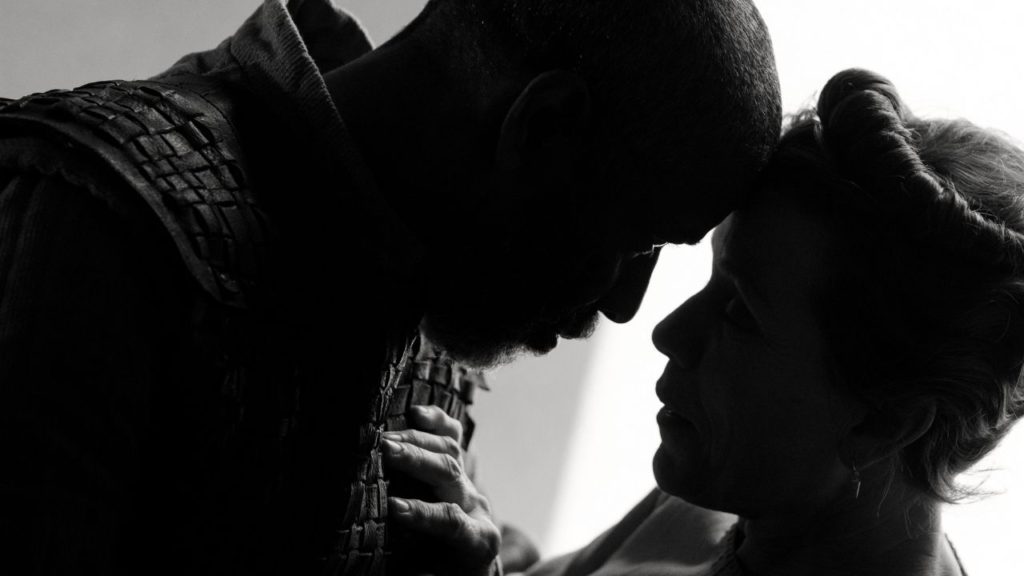
UA: Before I let you go, I have to ask you about working with Denzel Washington and Frances McDormand. Watching them from this side of the screen, I always felt that they were very giving as actors. That there is a generosity in their performances. Is that an accurate read of the way their performances makes everyone shine?
CH: They are. That is a very accurate read. There is a reason they’ve been around for as long as they’ve been around. It’s because they take the work very seriously, but they don’t take themselves necessarily seriously. I don’t know if that’s an accurate portrayal, but it was all open arms.
There were points in rehearsal where we all got so comfortable working together that I literally would just look up and be like, “Wait a minute. Whoa. Whoa. Whoa.” And it was just a reminder that you can work with grace, and with ease, and still be serious about the craft.
The both of them are just excellent examples of that. And the fact that they’re still taking these risks every single day. You want to be a fly on the wall. You want to be in the room where it happens. And I got to do that. I got to see how the sauce gets made a little bit. And that peek behind the curtain is something that I’ll take with me as an actor for a long time.




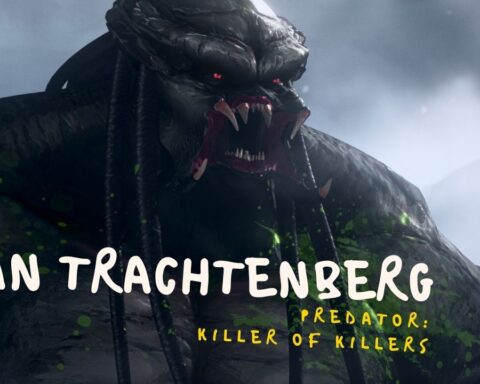
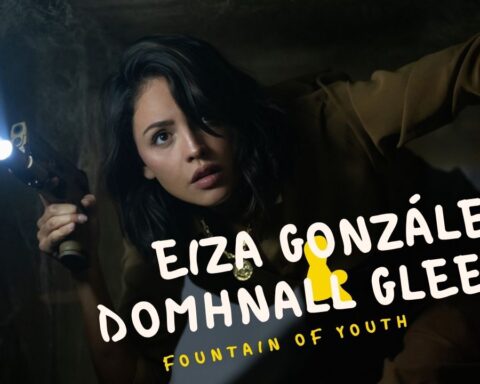
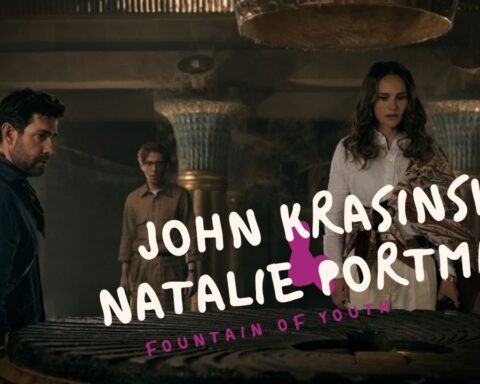
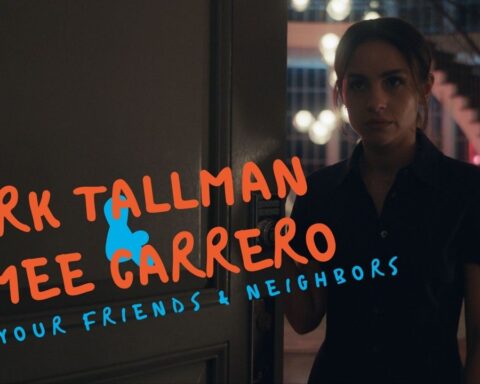
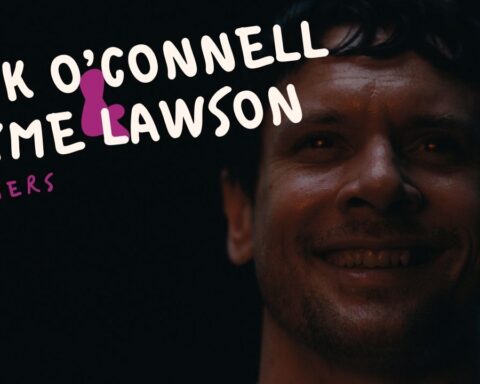
Follow Us